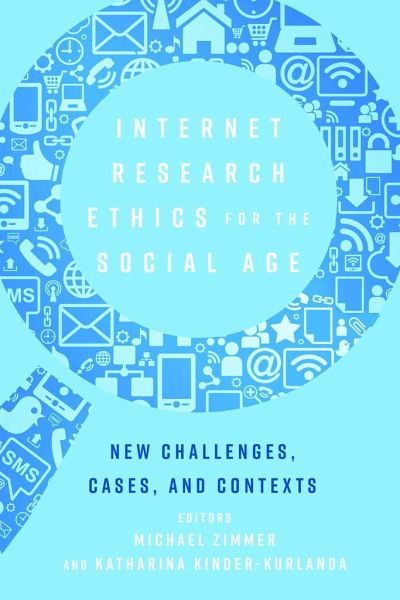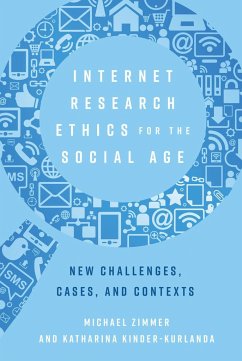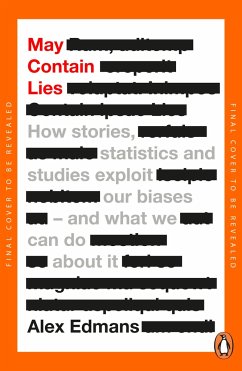
Internet Research Ethics for the Social Age
New Challenges, Cases, and Contexts
Herausgegeben: Jones, Steve; Zimmer, Michael; Kinder-Kurlanda, Katharina
Versandkostenfrei!
Versandfertig in 6-10 Tagen
107,25 €
inkl. MwSt.

PAYBACK Punkte
0 °P sammeln!
The continuous evolution of internet and related social media technologies and platforms have opened up vast new means for communication, socialization, expression, and collaboration. They also have provided new resources for researchers seeking to explore, observe, and measure human opinions, activities, and interactions. However, those using the internet and social media for research - and those tasked with facilitating and monitoring ethical research such as ethical review boards - are confronted with a continuously expanding set of ethical dilemmas. Internet Research Ethics for the Social ...
The continuous evolution of internet and related social media technologies and platforms have opened up vast new means for communication, socialization, expression, and collaboration. They also have provided new resources for researchers seeking to explore, observe, and measure human opinions, activities, and interactions. However, those using the internet and social media for research - and those tasked with facilitating and monitoring ethical research such as ethical review boards - are confronted with a continuously expanding set of ethical dilemmas. Internet Research Ethics for the Social Age: New Challenges, Cases, and Contexts directly engages with these discussions and debates, and stimulates new ways to think about - and work towards resolving - the novel ethical dilemmas we face as internet and social media-based research continues to evolve. The chapters in this book - from an esteemed collection of global scholars and researchers - offer extensive reflection about current internet research ethics and suggest some important reframings of well-known concepts such as justice, privacy, consent, and research validity, as well as providing concrete case studies and emerging research contexts to learn from.














